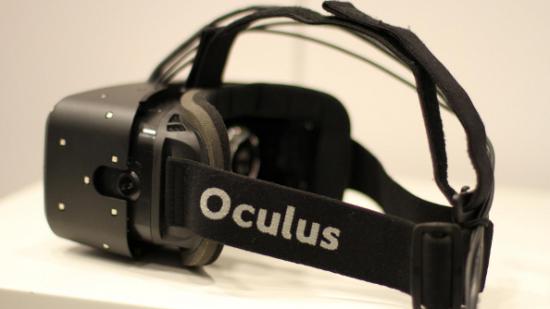Have you recently been confused because of all the talk of VR and the Oculus Rift, wondering why a video streaming service was dabbling in virtual reality headset? Oculu Video Solutions is worried that you might be, which is why the company has brought a trademark infringement lawsuit against Oculus for “false designation of origin, trademark dilution, and unfair competition.” Oh dear.
Oculu (you really do just want to add an “s” in there, don’t you?) filed its trademark in 2010 for the “streaming of audio and video by means of the internet”, which you might think is entirely different from Oculus’s VR ambitions. But Oculu alleges that Oculus indeed plans to use the Oculus Rift for streaming via the internet.
The streaming company further alleges that Palmer Luckey made the decision to just rip-off the trademark, “choosing” to add an “s” on the end when he could have chosen “any number of trademarks.” But to be fair, Oculus is pretty fitting for a company designing a VR headset.
Luckey also approached the company, after Oculus had already been formed, to buy its domain name, implying that he was aware of the potential confusion.
Like all trademark disputes, it’s a tricky situation absent a clear party in the wrong. You’ve likely never heard of Oculu, so you might think the suit is ridiculous given that Oculus is now extremely well known by that name, and the chances of you confusing the two are slim. But companies need to actively defend trademarks to protect their IP.
Trademark dilution means that companies like Oculu can bring a lawsuit against the likes of Oculus even if they aren’t competing, because the trademark is under threat of losing its uniqueness or association with a specific product. Just go and type Oculu into a search engine and see what appears first. It ain’t video streaming.
Cheers, Ars Technica.
